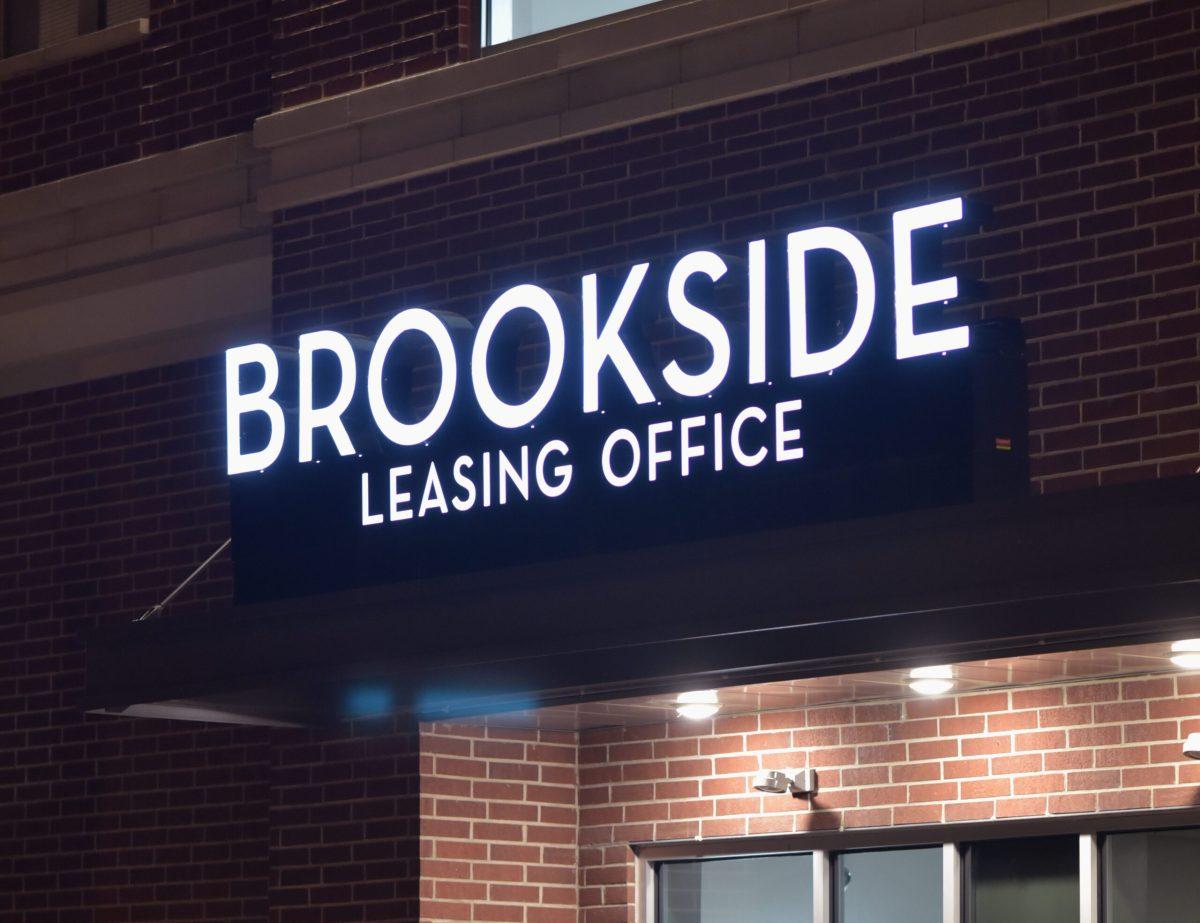
_Madi Baughman is a freshman journalism and political science major at MU. She is an opinions columnist who writes about political and civil rights issues for The Maneater._
It’s nearly the end of the school year, and that means it’s the time of year where students — freshmen especially — are scrambling to figure out their living situation for the summer and/or next school year. During this time, students are already on edge about finals, and the added hardship of trying to locate and sign a lease on a place they can afford only adds to their overall stress level. For many students, this means trying to juggle their grades with making enough money to find a place they may be able to afford.
This, however, is not as straightforward as it seems. It’s becoming harder and harder to find affordable living for a lot of students in Columbia. But it can’t just be attributed to changing times and inflation — finding affordable living for students is becoming more difficult than ever before, especially since most students work for lower wages and/or can only handle a part-time job while doing school full time. College is already a time when money is tight, and having to settle for a place where one loses most of their monthly paycheck and leaving them without adequate savings can only add to factors like student debt.
There’s always the option of living on campus in the residence halls, and it is true that scholarship and loan money can go toward paying for campus living. However, not everyone has enough scholarships or loans to be able to afford living on campus for all of their college career, especially with how high tuition can be. For a double room in the cheapest residence hall at Mizzou, Hatch, that’s $6,430. That alone comes out to $714 per month for the academic year, not counting the fees of other essential things such as dining plans or parking spots. While that might not seem like a lot to some people, to many, it’s just not doable.
This is especially harmful to students coming to Mizzou from out of state, as they pretty much have to find somewhere to live for at least a year to gain residency if they don’t want to continue dealing with out-of-state tuition. There’s also the fact that students’ parents cannot always be guaranteed to help them out in college — a lot of students are navigating their way completely on their own. A lot of student living is aimed toward people who already live in state, or whose parents will be able to help them out with the rent should they ever need it, not toward the people who really need the expense break that living off-campus could give them.
For students who can afford residential living at Mizzou or higher-rent apartments, this may not be a problem. The issue is that does not accurately portray what all students can afford, and with increased amounts of “luxury living” complexes popping up all around campus, it looks like there will be even more unaffordable places for students to sort through in their housing search. That’s the unfortunate reality of the situation: housing in Columbia just isn’t affordable for a lot of students at its current price, and unless something happens soon to change that, students will continue to face huge obstacles to obtain affordable living arrangements.